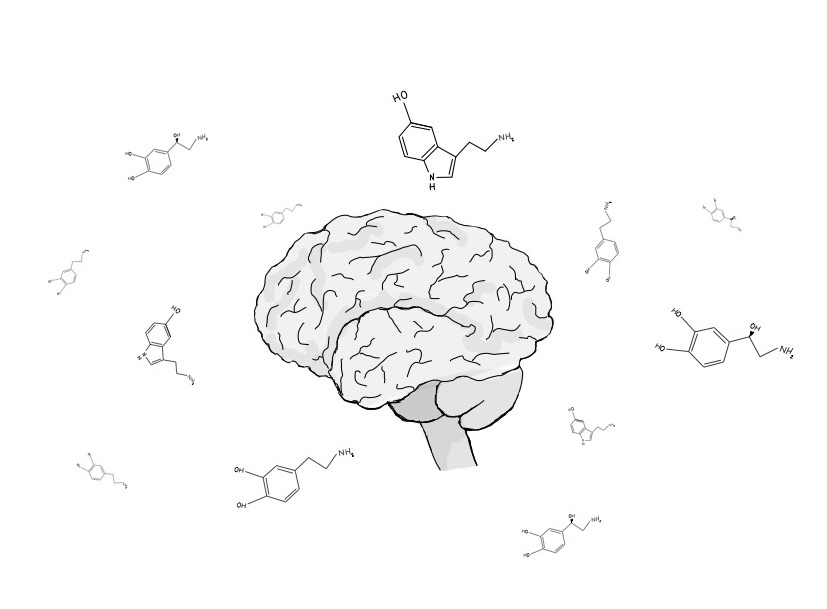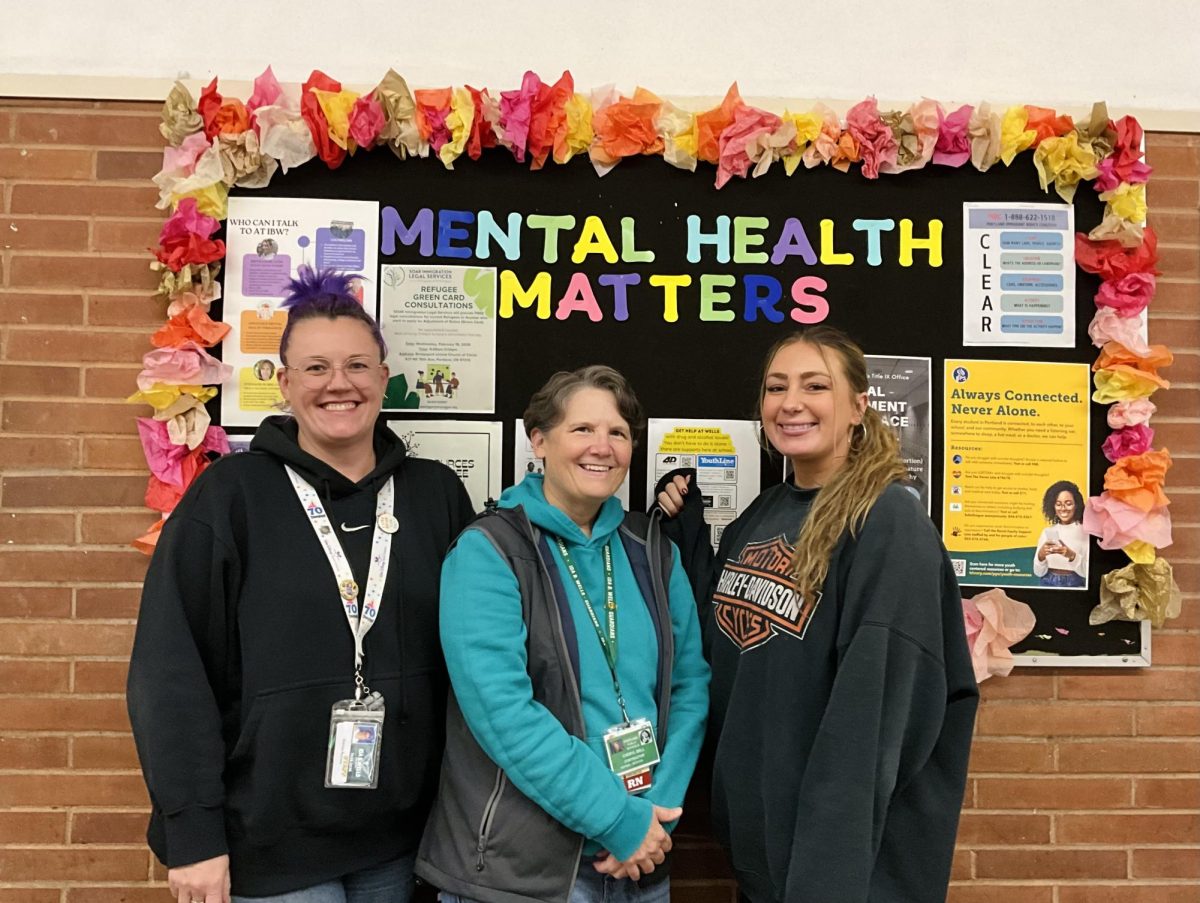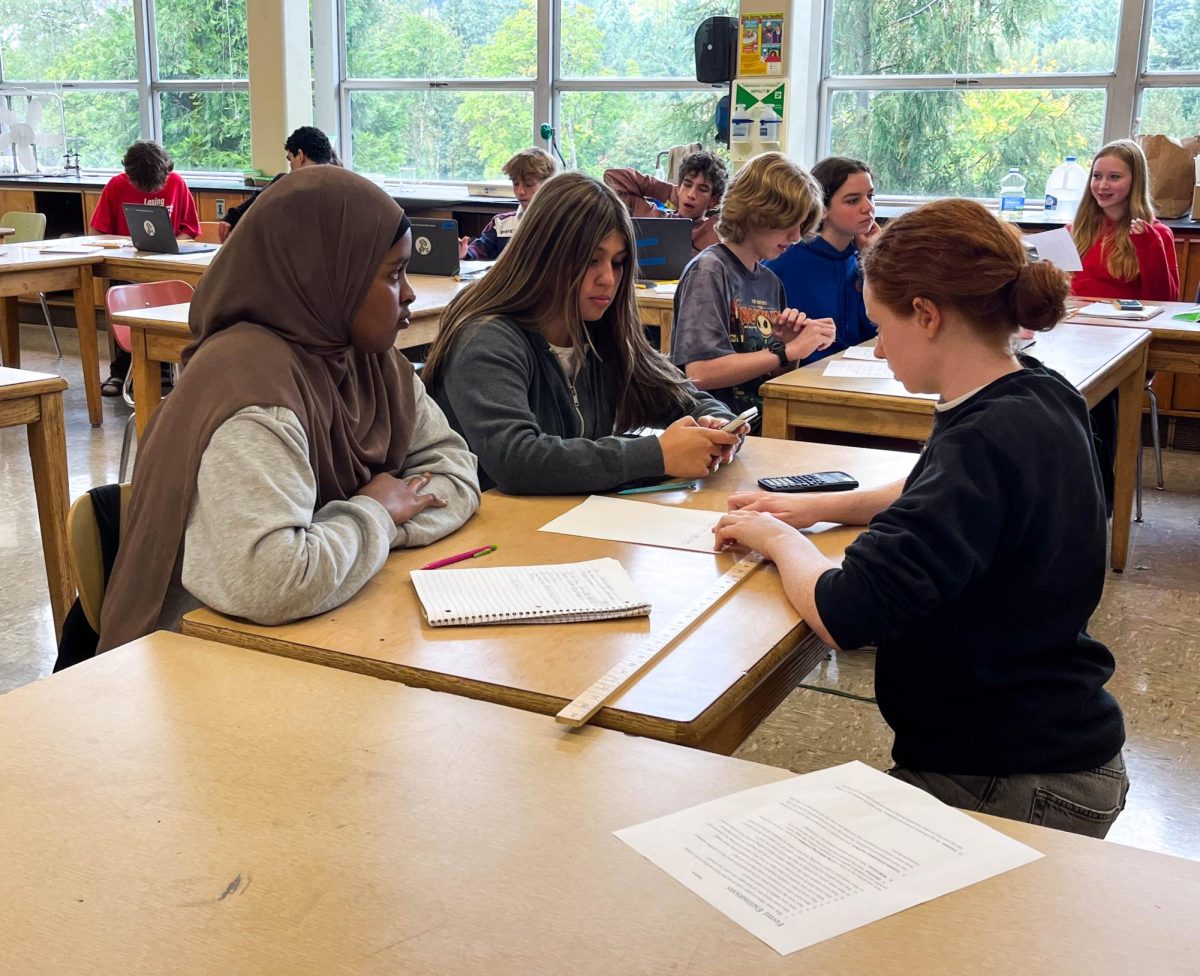Buckle up, Guardians. It’s testing season.
As the weather gets warmer, flowers bloom and days become longer, Ida B. Wells High School students prepare for testing season — a time during the school year when standardized tests or other big exams seem never-ending. If you are a sophomore, junior (like myself) or senior, you likely feel the same weight of the SAT, ACT and/or Advanced Placement (AP) exams falling on your shoulders.
During this time of year, you’ll often find upperclassmen and sophomores studying with their noses buried deep in their notebook or textbooks. At the very least, the SAT or AP exams are mentioned in almost every conversation.
With the testing season looming over us, the pressure and overwhelming stress are difficult to overcome. But just as everyone who has come before us has done, we know we can do it. Whether in stride or chaos, it can be done — and that is an accomplishment within itself.
IBW senior Jay Huynh is committed to the University of Southern California, planning to major in global health, with a focus on pre-medicine and public policy. Huynh has seen it all, having completed the college application process, SAT, ACT and several AP exams over her high school career. “Your score does not define you,” said Huynh. “If I could go back, I would be kinder to myself.”
Discussion in the testing world has highlighted the role privilege plays in standardized testing, too, as wealthier students often have more accessibility and time for quality education, test preparation, and test retakes. “People often focus solely on the results, overlooking the countless hours of preparation and the financial resources involved,” said Huynh. “It’s easy to feel inadequate when comparing scores, but there’s so much more to the story.”
“I wish I had been more forgiving of my own performance and recognized that the system isn’t always fair,” said Huynh.
Performing well on your SAT, ACT or AP exam(s) is not the end-all, be-all — and in the words of my mother, “is just gravy.” While coming out of the SAT and gearing up for upcoming AP exams, I always try to remind myself of this. “I know students who scored exceptionally well, but didn’t get into their dream schools, and others who didn’t score as high, but were admitted to competitive universities because they showcased their strengths in other ways,” said Huynh.
In addition, many colleges and universities remain test-optional or test-blind, which can be a relief to many students. However, this is changing as we become more separated from the pandemic, when many standardized tests were paused or canceled, which led universities to become test-optional. Understanding the admissions requirements for your schools of interest is the best thing to do. A list of test-required or test-preferred schools can be found on the College Board, but visiting the admissions website of the schools you are considering is best.
Ultimately, preparation is what can significantly build your confidence. Sabine Villette, an IBW senior, took the SAT last year and will take the AP Statistics, AP Biology, AP U.S. Government and Politics and AP Comparative Government and Politics exams this year. “The best way to improve your [SAT] score is through practice,” said Villette. “Take full-length practice tests to familiarize yourself with the timing, question types, and pacing strategies for each section. Understanding the test format can significantly boost your confidence and efficiency.”
Elliot D’Alessandro, a junior at IBW, took the SAT this year and will take six AP exams in May. “Study early [for AP exams],” said D’Alessandro. “Do a little bit over a long period of time, even if it’s just looking over your notes.”
Finding a study process that works best for you also notably pays off. “I personally study and prepare for tests by going over my notes and making a notecard,” said D’Alessandro. “[However,] I will note that everyone prepares for tests differently, and what works for me might not work for others.” My biggest takeaway as a junior is to utilize your freshman and sophomore years, along with your fall terms (during junior and senior year), to explore what works best for you.
Remember to take advantage of all the free resources to study for AP exams. “I use whatever free resources I can find to study for tests; Khan Academy, YouTube videos and books from my friends or the library are my go-tos,” said Villette. Free resources include talking to your teachers or attending study sessions like Guardian Scholars, held in the library after school every Wednesday, or Smart City Learning Cafe, held at Fat City Cafe every Wednesday from 7 p.m. to 9 p.m.
However, all the preparation in the world could never eliminate the stress and anxiety that testing season comes with.
Jane Coffey-Read, an IBW junior, took the SAT this year and will take several AP exams in May. “Take it one day at a time. When you do feel a lot of stress, it’s important to take breaks,” said Coffey-Read. “Find something that you love to do outside of studying and do it when you feel stressed out.”
“I like to step away by going outside, cooking or reading. Spending time with friends and family also gives me a much-needed distraction from the stress,” said Villette. “I make sure to take care of my physical health too. Eating well, exercising and getting enough sleep all make a huge difference in how [you] feel mentally.”
As we go through this testing season, treat yourself with compassion. You are human — one test (or a few) doesn’t encompass your intelligence, abilities or character. Be proud that you have come this far, and know that you’ve got this.















